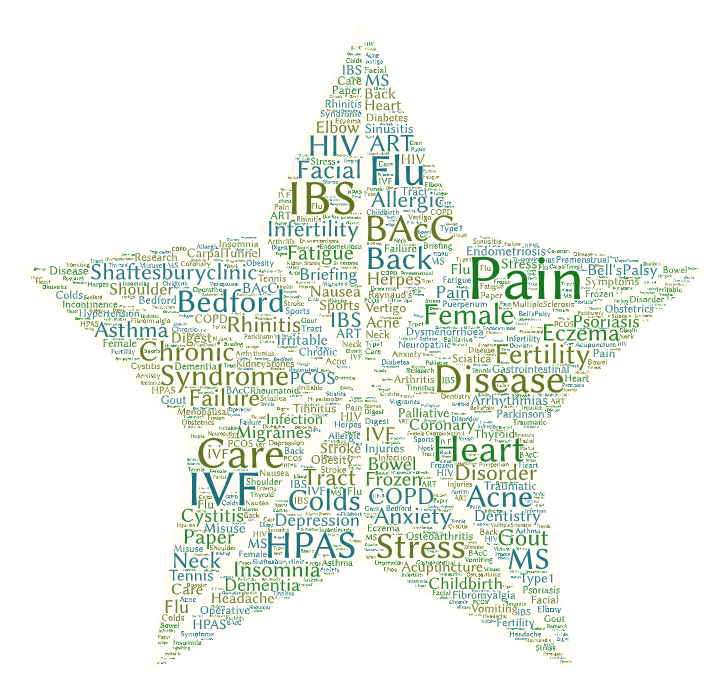Page under construction
Important to know: Chronic health conditions should be addressed under direct medical supervision of your GP or consultant, and acupuncture would be an adjunct or complement to usual care – we advise that you let you doctor know when you use this approach.
About the research: It is worth noting that in research, randomised controlled studies (RCT) are the most reliable in terms of quality of evidence, with a systematic review or meta analysis of numerous studies being the best way of seeing the overall picture of the state of the evidence. Below we have a selection of the available research, which does include some larger RCTs, and reviews of the literature alongside smaller studies. The n= figure tells you how many people were participants in the study.
Animal Studies
Qi et al. (2014; n=60) investigated the effect of acupuncture on spastic cerebral palsy rats. The study found that acupuncture reduced the serum levels of inflammatory cytokines, which are molecules that promote inflammation. Acupuncture also improved the blood viscosity and erythrocyte electrophoresis indexes of the rats, which reflect the shape and flow of red blood cells. In addition, acupuncture decreased the muscular tension and increased the active range of motion of the paralytic extremity of the rats. The authors concluded that acupuncture may have a beneficial effect on spastic cerebral palsy by inhibiting the inflammatory response and relieving muscle spasms.
References:
Qi, Y.C., Xiao, X.J., Duan, R.S., Yue, Y.H., Zhang, X.L., Li, J.T. and Li, Y.Z., 2014. Effect of acupuncture on inflammatory cytokines expression of spastic cerebral palsy rats. Asian Pacific journal of tropical medicine, 7(6), pp.492-495.

